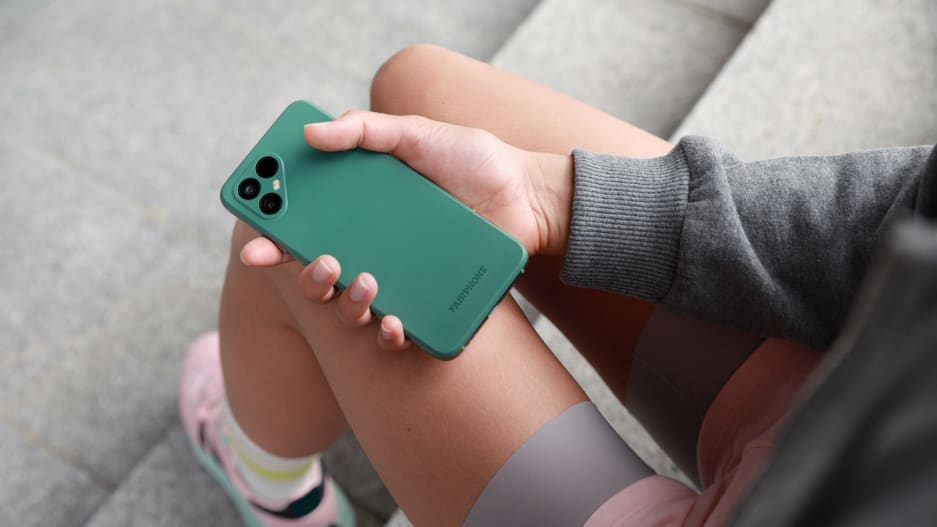
Today's smartphone industry is responsible for a substantial carbon footprint, and the situation doesn't get any better with phones that are hard to repair and recycle. Also, some of the components, like, for example, cobalt, gold, and tungsten, might come from sources with questionable human rights and working conditions for their workers.
Fairphone, an Amsterdam-based company, has been working for the past eight years to find a more ethical and sustainable smartphone. The company's latest model, the 5G Fairphone 4, which is both repairable and produced with responsibly sourced materials, raises the whole industry's sustainability standard.
“Thanks to the modular construction and spare parts, anyone can make repairs,” says Monique Lempers, impact innovation director at Fairphone to Fast Company.
Lempers worked with the Swedish design firm Above for the new model, and Optimist Daily writes, "the back of the phone is made of 100 percent recycled plastic and can be detached without any tools. The other parts, such as the battery, cameras, speakers, and USB port, can easily be removed with a simple screwdriver. While the pieces are designed to last, if something breaks, the company offers spare parts under a five-year warranty."
“Our display is 6.3 inches large,” says Lempers. “You may think this is just a design decision, but the truth is that it has to do with spare parts availability. To ensure supply, we needed to choose a display size that is commonly used in the market to make sure we could get a long-term supply. With our five-year warranty, it means we need to have spare parts available for the next six years to come.”
Fast Company reports that the Fairphone team worked with suppliers to find the best materials available on the market, which includes Fairtrade-certified gold, recycled tin, and conflict-free and fairly made tungsten. The company also has a living wage program which means they give workers a bonus for every phone they produce.
Also, Fairphone uses plastic-free packaging. The box is designed to be reused so customers can send back old phones for the company to recycle. As a part of their recycling program, they recycle e-waste for every phone sold.
“Fairphone’s mission is to set the example across our own supply chain and products, using our market demand as a catalyst for continuous improvement,” Lempers says. “We want to inspire the rest of our industry to follow our approach to fair sourcing—to examine the potential for positive impact, and to join us so that we can, together, scale up the solutions that work.”
Photo: Fairphone via Fast Company




